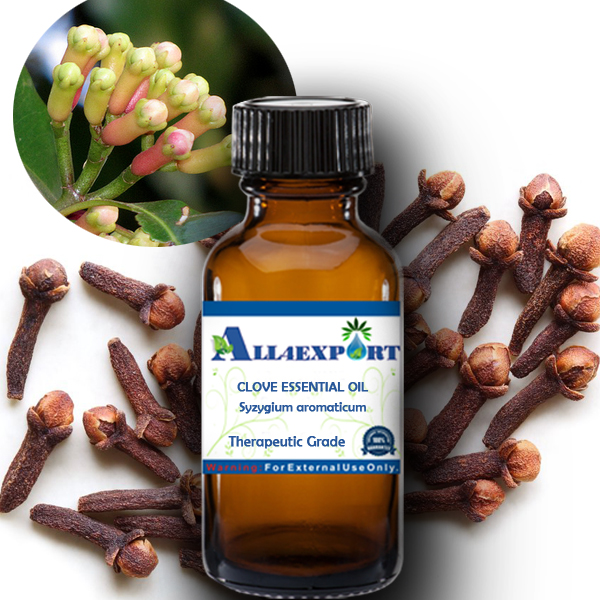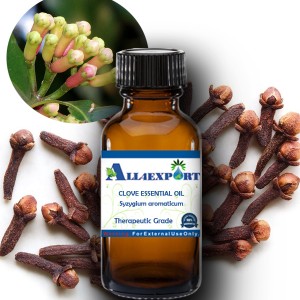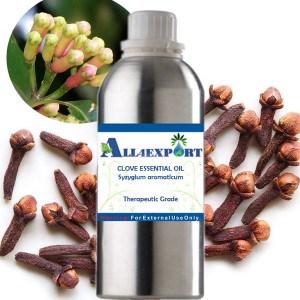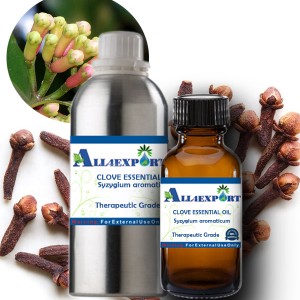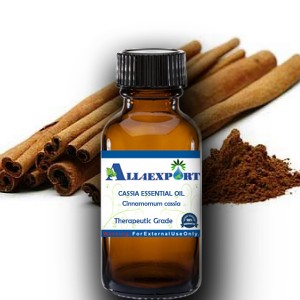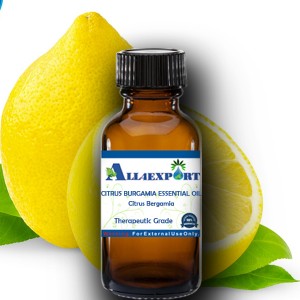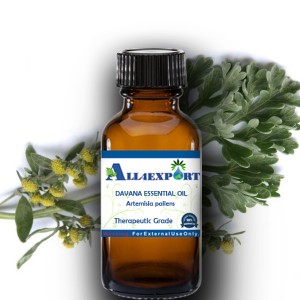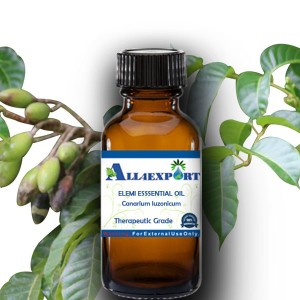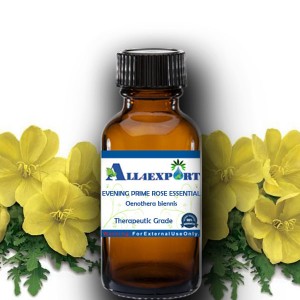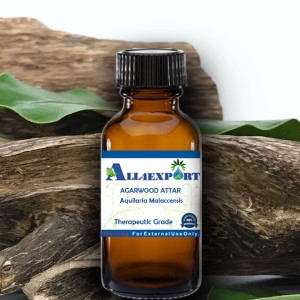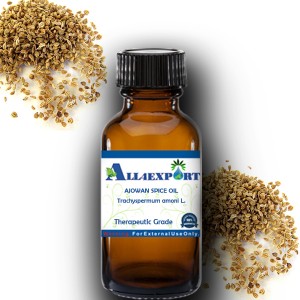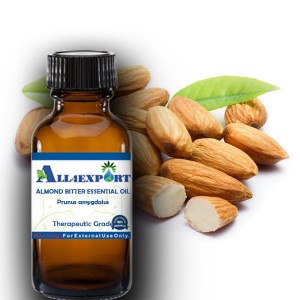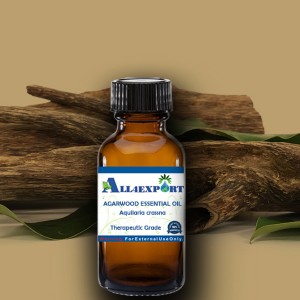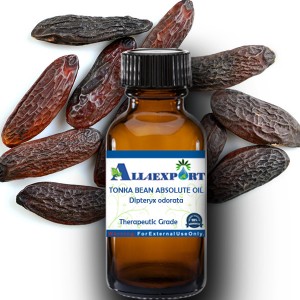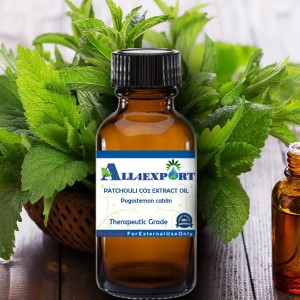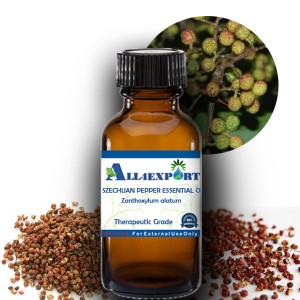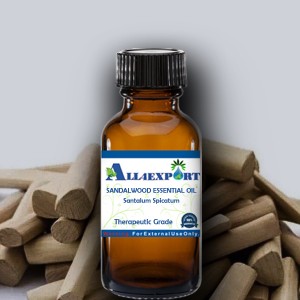| CLOVE ESSENTIAL OIL |
Botanical Name | : | Syzygium aromaticum | Country of Origin | : | India | Solubility | : | Soluble in alcohol and other organic solvents and insoluble in water | Specific Gravity | : | 0.915@ 72°F | Optical Rotation | : | 1.5270 TO 1.5350 | Refrective Index | : | 1.528 – 1.538 @ 20°C | Plant Part | : | Buds | Blend With | : | Citronella, Grapefruit, Lemon, Orange, Peppermint, Rosemary, and Rose. | CAS No | : | 8000-34-8 | Flash Point | : | > 100 °C | Extraction Method | : | Steam Distilled |
|
Description :Clove bud oil is derived from the clove tree, a member of the Myrtaceae family. This tree is native to Southeast Asian countries like Indonesia. clove bud essential oil — also known as Syzygium aromaticum— is the most popular in aromatherapy. Because the oils produced from the leaves and stems have stronger chemical compositions than the buds, they can easily cause skin irritations, which makes them unfit for aromatherapy.
|
Constituents : Volatile oil, gallotannic acid, eugenin, eugenol, gum, resin, |
Uses : Clove oil used to ease toothache when applied to the gums. Clove oil has long been applied directly to the gums to ease toothache. There is evidence that the eugenol in clove oil is effective at fighting several known oral bacteria.
|
Benefit : The oil of clove buds is known for its antimicrobial, antifungal, antiseptic, antiviral, aphrodisiac and stimulant properties |
Caution Note: We recommend Keep out of the reach of children. Avoid contact with skin and eyes.
All of the information and opinions that are provided on this web site are for informational and educational purposes only. This information is not intended to replace medical advice given by a medical practitioner. Anyone considering alternative therapies should consult with their medical professional before using an alternative method of healing. We do not give nor is any opinion on our web site medical advice.
|








